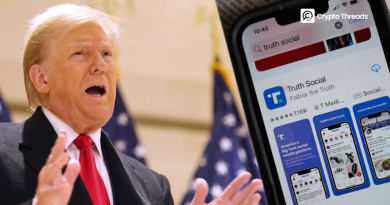Pavel Durov Warns France is Experiencing Social Collapse
Pavel Durov warns France faces collapse Source: The New York Times
Serious Warning from Telegram CEO
Telegram founder Pavel Durov warns that France could experience social collapse if it continues its current censorship policies. This statement was made during an interview with Le Point on Wednesday.
Criticism of President Macron
“Emmanuel Macron is not making the right choices. I am very disappointed. France is becoming increasingly weak,” Durov stated. The Telegram CEO warned: “If you nurture one or two generations with a certain mindset, it will take decades to change. If you continue wasting time, the country will have to undergo extreme changes.”
Macron faces criticism from Telegram CEO Source: Britannica
Durov emphasized: “When you delay necessary reforms for too long, you will eventually experience collapse.” He also warned that France is losing talent to other regions like Dubai.
Context of the Arrest
These statements come after Durov’s arrest in France in August 2024, which sparked widespread condemnation from the crypto community and civil rights activists regarding its impact on freedom of speech.
Election Censorship Allegations
Durov revealed that French intelligence services had requested him to censor content supporting conservative candidates related to Romania’s presidential election in May 2025. Nicolas Lerner, head of French intelligence, approached him at the Hôtel de Crillon with this request – which Durov claims to have refused.
France joins censorship efforts against Telegram Source: Reason Magazine
Criticism of Digital Services Act
Durov considers the EU’s Digital Services Act a “Trojan horse” for censorship disguised under the guise of consumer protection.
“These laws are dangerous because they can be used against the very people who created them. Today they target conspiracy theorists, tomorrow they might target the authors themselves,” Durov warned.
Conclusion
Pavel Durov’s statements reflect deep concerns about the direction of regulatory policies in France and the EU. This case continues to be a focal point of international attention, particularly from supporters of free speech and digital privacy rights.



